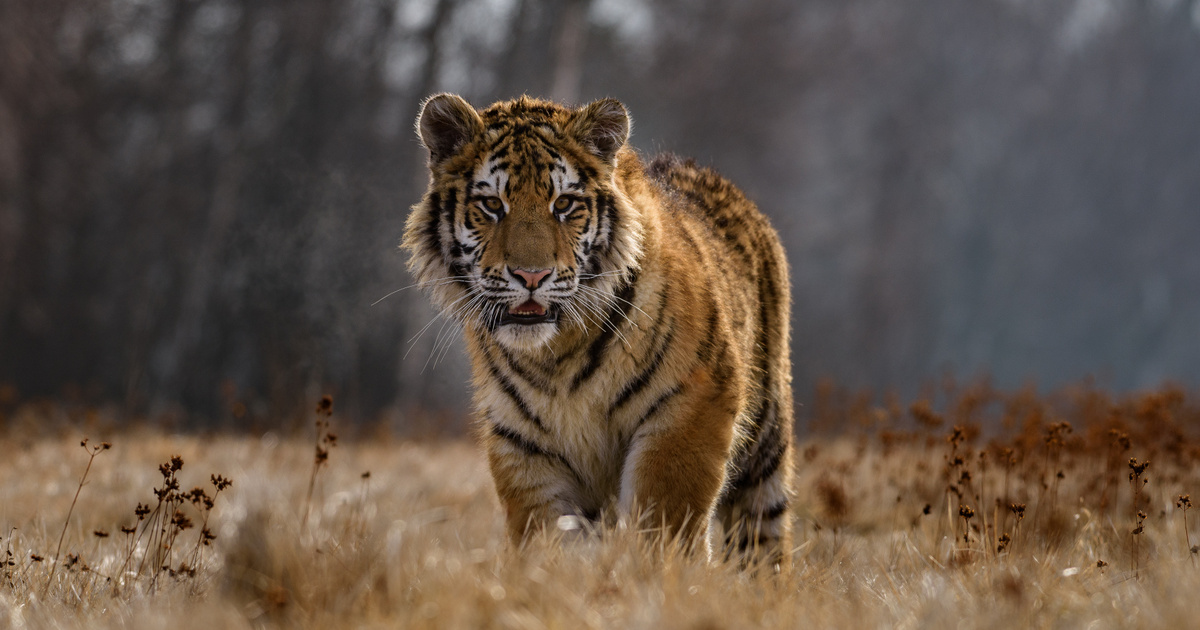An international research team led by an employee at the Center for Environmental Research (EC) of the Eötvös Loránd Research Network compared the susceptibility to cancer of each species by examining the risk of cancer in nearly two hundred zoo species.
According to the communication department of ELKH, the researchers explained that
While tumors are rare in ungulates, cancer is very common in predatory mammals.
The importance of the research is reinforced by the fact that the results will later be used in human or veterinary medicine. The publication, the first of its kind in the world, was published in the prestigious journal Nature.
Due to human activity, especially pollution, animals are increasingly exposed to carcinogens, but very little is known about the prevalence of cancer and the groups most susceptible to it. Now, researchers are one step closer to answering that question, as they have published the first truly comprehensive study on interspecific variation in animal cancer risk.
Wild tumors are likely to die quickly, falling victim to starvation or predators, so random sampling of live animals does not give a true picture of the occurrence of tumors in animals. Therefore, we examined zoo animal data based on the database of the international organization Species360. Autopsy results for each animal can also be found in this database
– Quoted by Orsolya Vincze, an employee at the Institute of Aquatic Environment at ÖK, head of research.
in research
Data were collected from more than 110,000 individuals from 191 species of mammals,
The results showed that their exposure in this area is very different. Cancer is very common in predatory mammals, especially mammals that eat mammals, such as lions, cougars, and leopards, but it is questionable whether the different predispositions to tumors are due to genetic background or species-specific lifestyles.
The higher susceptibility of zoo predators to cancer is likely due to lack of exercise or other conditions related to captivity.
The researcher confirms.
For the first time, researchers have successfully demonstrated the so-called Peto paradox, which indicates that the development of longevity and large body size is linked to molecular mechanisms that prevent normal tumors. Examination of large, long-lived animals may shed light on natural antitumor mechanisms that will be used in human or veterinary medicine in the future, MTI writes.
In the next stage of the research, the study authors will also attempt to answer the question of whether there is a difference in the type of tumors between the different types.
(Cover Image: Shutterstock)






